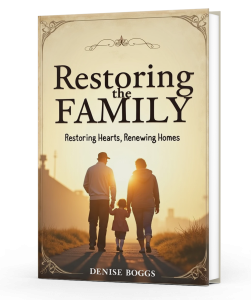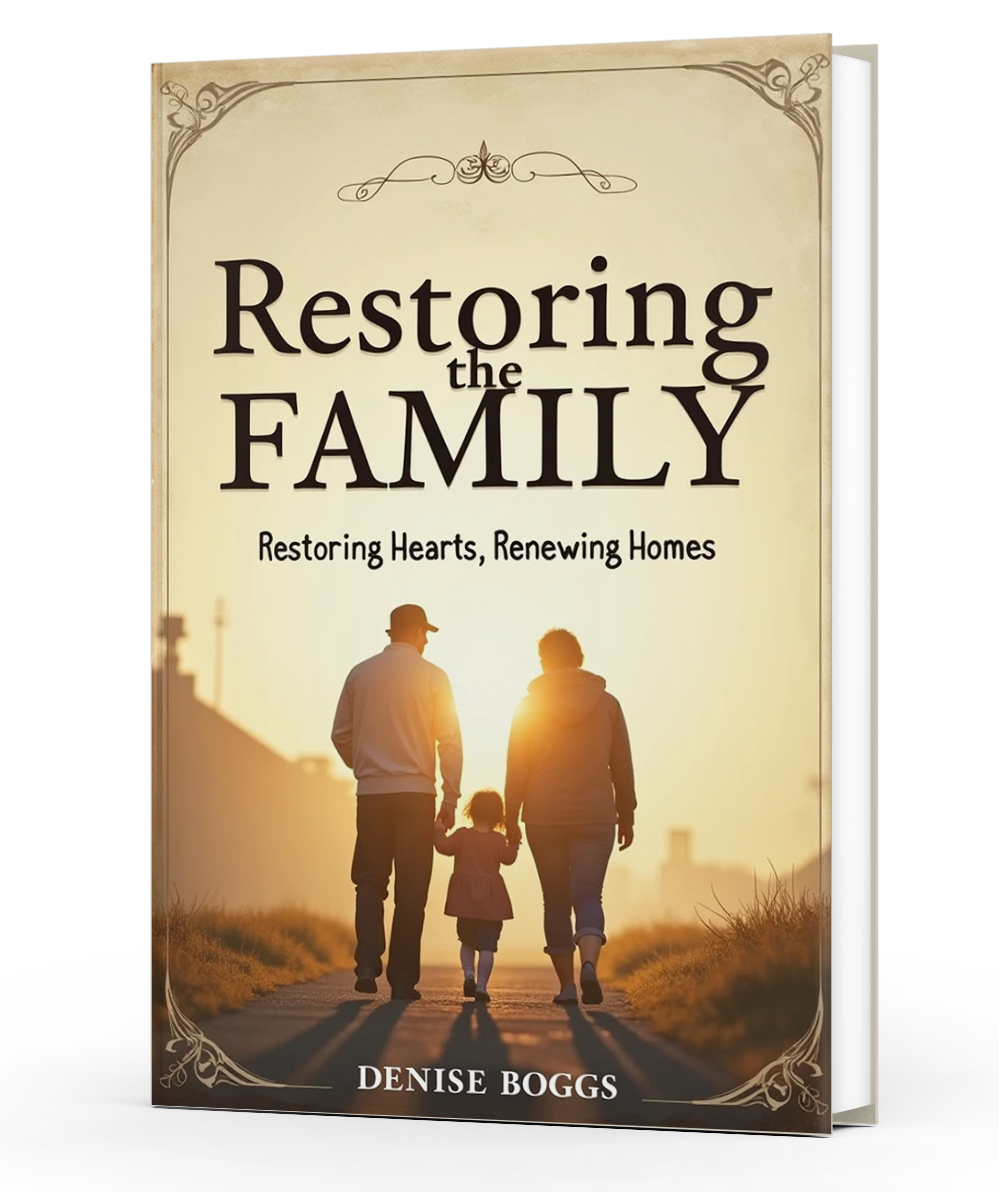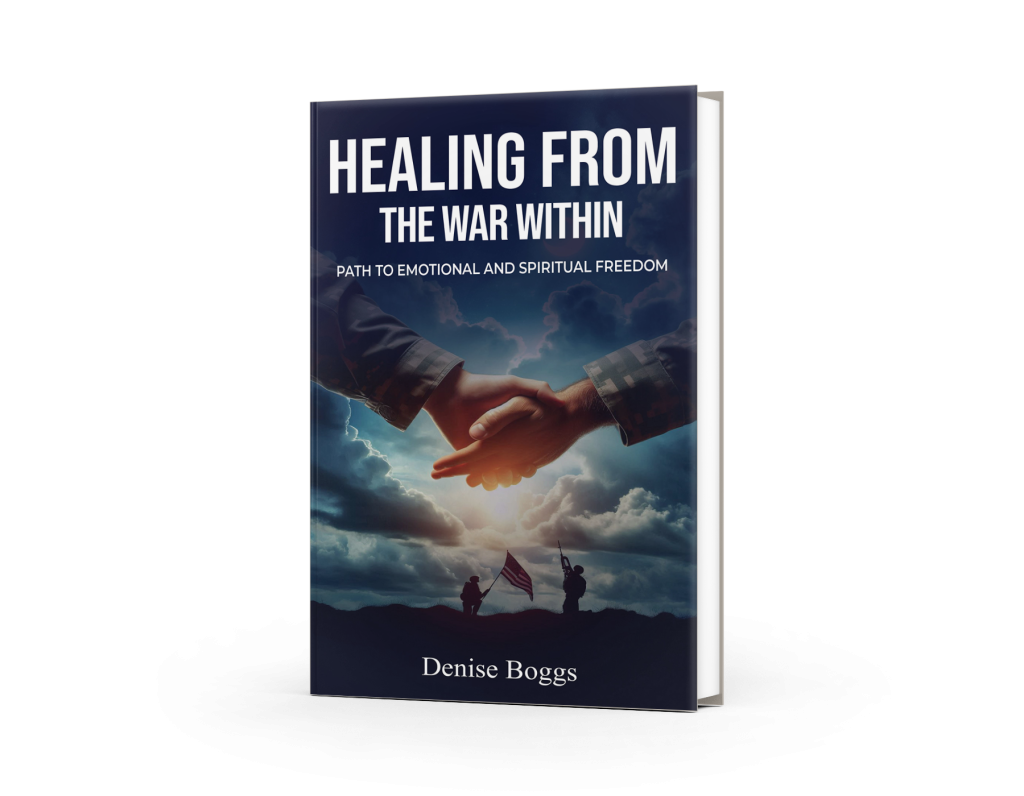Table of Contents:
- Understanding Trauma and Its Effects on Families
- Communication as a Tool for Healing
- Rebuilding Trust and Emotional Safety
- Faith and Prayer in the Healing Process
- FAQs
Introduction
Trauma, whether from military service, personal loss, or life-altering events, can deeply impact families. It creates emotional barriers and fractures relationships, leaving both individuals and families struggling to find peace. However, with intentional strategies, faith, and love, families can find healing and restoration. In this article, we will explore key strategies for restoring families impacted by trauma, supported by biblical wisdom.
- Understanding Trauma and Its Effects on Families
Trauma affects individuals differently, but one common thread is its ability to disrupt family dynamics. Veterans may return home carrying the emotional scars of combat, and spouses or children may feel isolated or disconnected. Recognizing the widespread impact of trauma is the first step toward healing.
Ephesians 4:2-3 encourages us to “be completely humble and gentle; be patient, bearing with one another in love. Make every effort to keep the unity of the Spirit through the bond of peace.” Understanding and empathy are crucial when restoring family relationships fractured by trauma.
- Communication as a Tool for Healing
Effective communication is essential for addressing the emotional pain caused by trauma. Families often struggle to articulate their feelings, but it’s important to create a safe space where each member can express themselves without fear of judgment. Begin by listening actively and validating each person’s experience.
James 1:19 advises, “Everyone should be quick to listen, slow to speak and slow to become angry.” Listening opens the door to understanding, allowing for deeper connection and healing.
- Rebuilding Trust and Emotional Safety
Trust, once broken, can be hard to restore. However, rebuilding trust is essential for family healing. This involves being vulnerable, consistent, and patient with one another. Rebuilding emotional safety may take time, but it’s crucial for overcoming trauma.
Proverbs 3:5-6 reminds us to “trust in the Lord with all your heart and lean not on your own understanding; in all your ways submit to Him, and He will make your paths straight.” Trusting God throughout the healing journey allows families to find peace and restoration in His timing.
- Faith and Prayer in the Healing Process
Faith is a powerful tool for family restoration. Praying together as a family invites God into the healing process, creating a spiritual foundation that strengthens emotional and relational bonds.
Matthew 18:20 says, “For where two or three gather in my name, there am I with them.” Regular family prayer can provide comfort, guidance, and unity, making faith a cornerstone of the family’s healing journey.
FAQs
- How long does it take to restore a family impacted by trauma?
Every family’s healing process is different, but with consistent effort, communication, and prayer, many families start seeing improvements within several months. - What are some signs of trauma in family members?
Signs include emotional withdrawal, heightened irritability, difficulty communicating, and avoidance of certain topics or activities. - Can faith alone restore a family, or is professional help necessary?
Faith is a powerful foundation, but combining spiritual support with counseling can offer the best chance for full restoration. - How can children be involved in the family healing process?
Children can be encouraged to share their feelings openly and participate in family activities that foster communication and connection, such as prayer time or counseling sessions.





